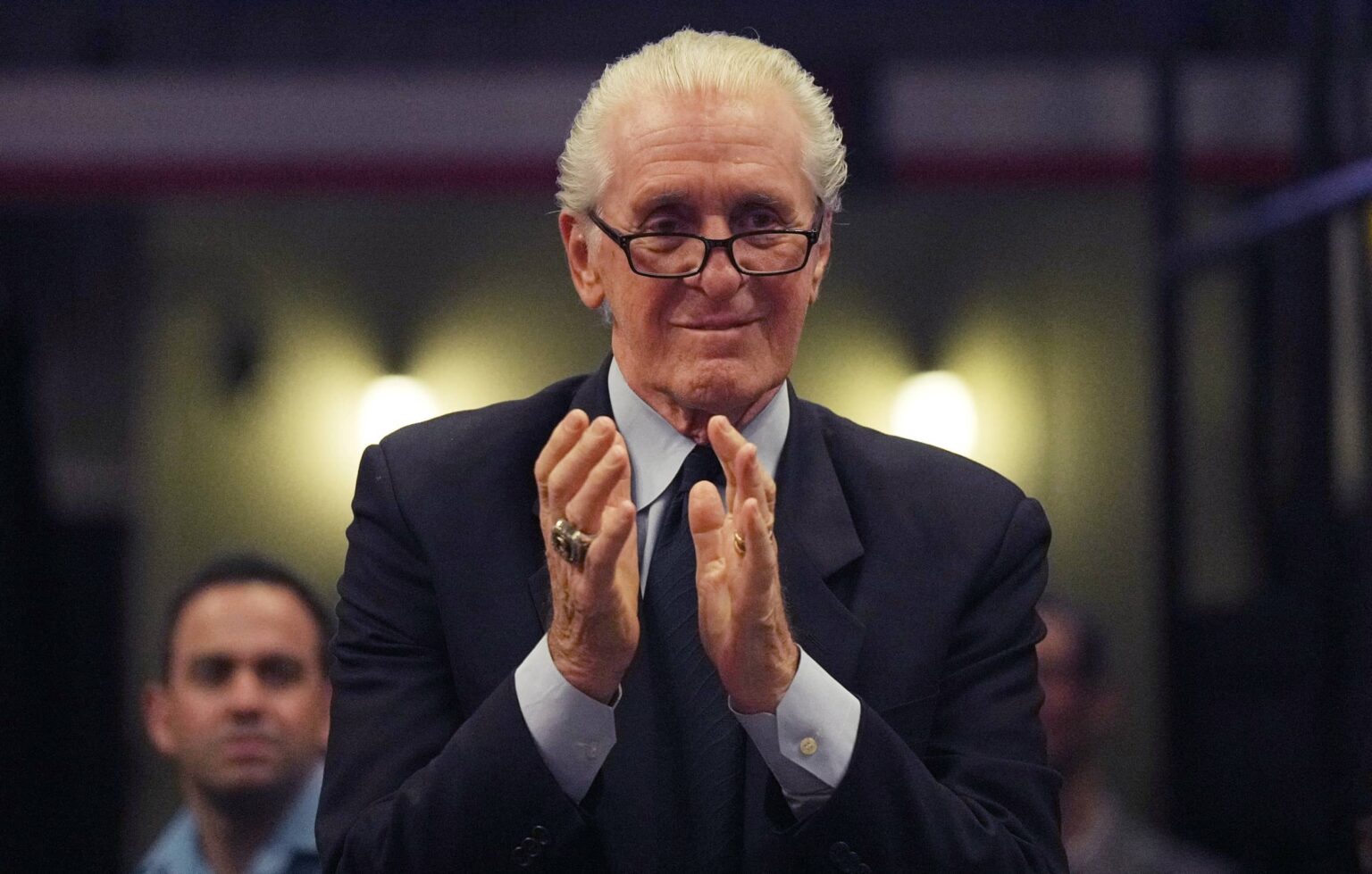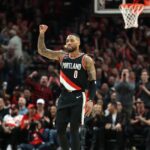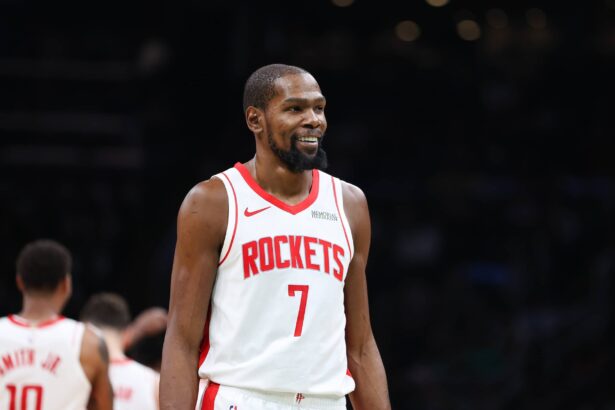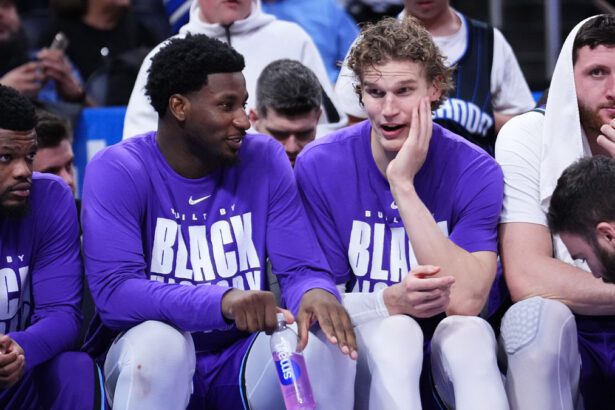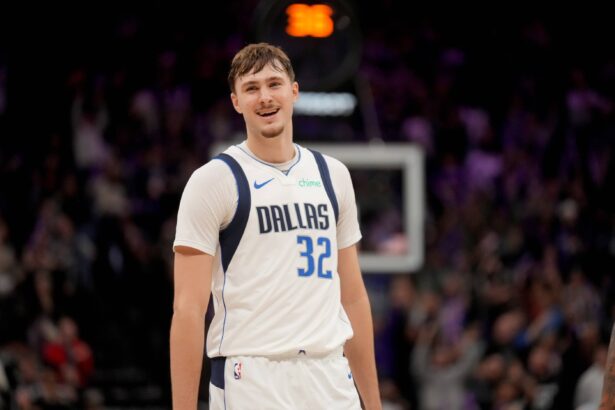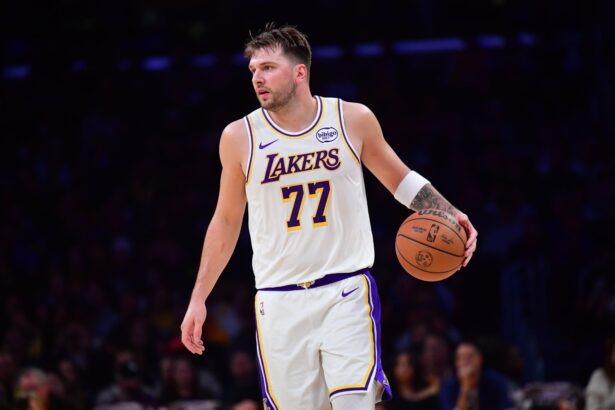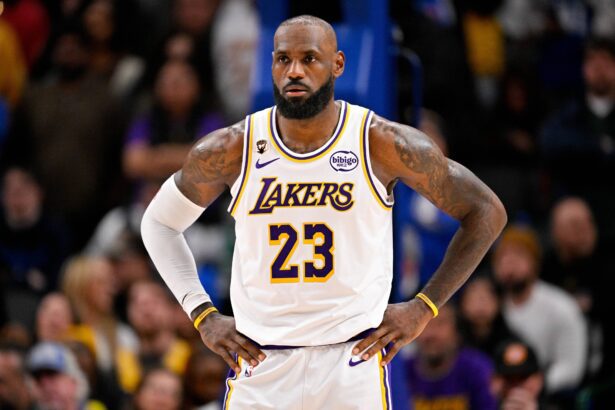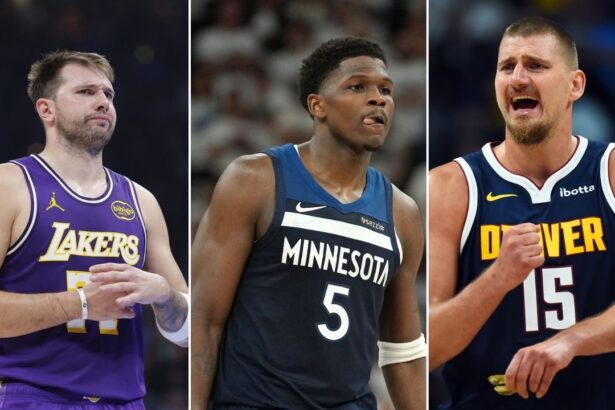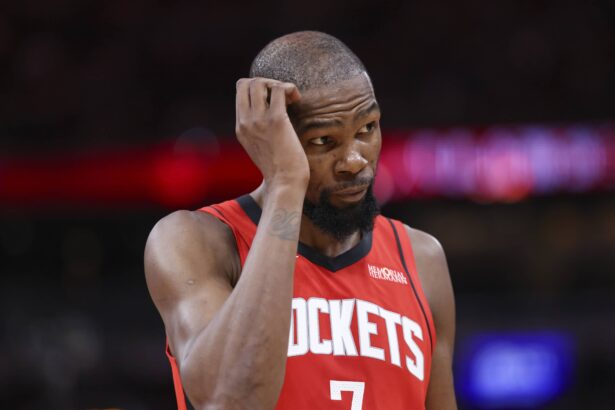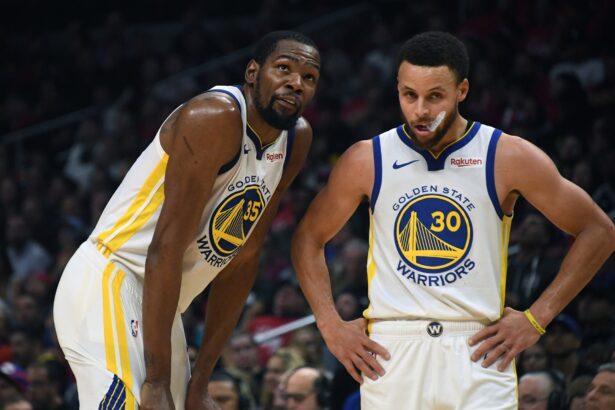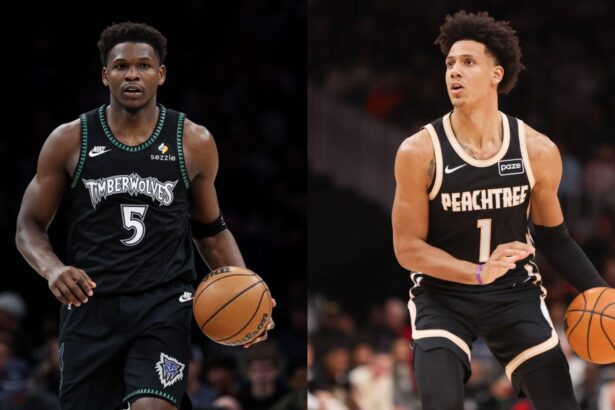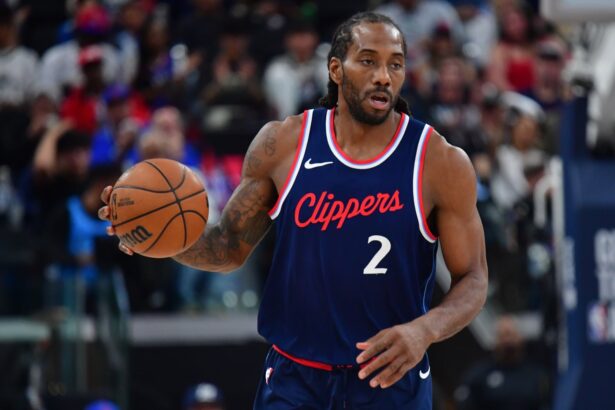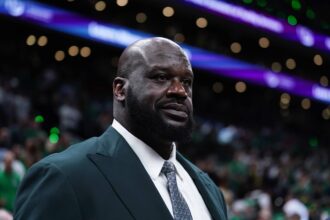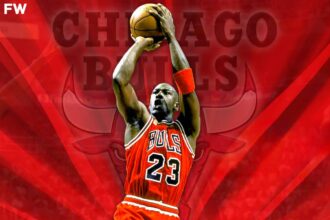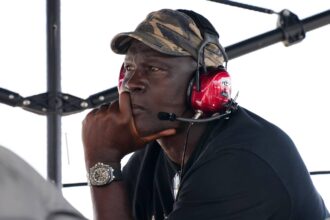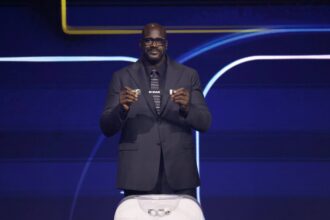For Michael Beasley, his introduction to the NBA wasn’t just about learning to handle defenses and bright lights. It was about navigating maturity at 19 years old while being thrown into the demanding environment of “Heat Culture.” Looking back, the former No. 2 overall pick admits he wasn’t ready for what awaited him in Miami, especially the unique relationship he developed with Pat Riley.
“I wasn’t ready for it, bro. F***ing Pat Riley, bro. My first year, I got drafted, I was 19. I ain’t turned 20 until January. I wasn’t ready for him. And not in a bad way. Like, man, Pat treated me like a son.”
“You know how I like, like, come on, dad, don’t kiss me in front of the guys. Come on. Dad, I don’t wanna talk to you today. Like, but he made me sit in his office every f***ing week, n***a, whether I was listening or not.”
“And I live by the morals he told me, you know what I’m But it’s like, I was just 19, bro. I was just 20. I had too much money for my age.”
The Heat’s organizational identity, sculpted by Riley, demands professionalism, discipline, and accountability. Veterans who buy in thrive. For a teenager suddenly flush with millions, it was a jarring adjustment. Beasley signed a three-year, $14 million rookie contract and almost immediately ignored Riley’s guidance.
One of Riley’s earliest lessons was about financial discipline. He advised Beasley to buy a modest two-bedroom condo, one room for him, one for his mother during visits. Beasley, determined to live big after growing up in apartments, instead bought a six-bedroom mansion.
That decision became symbolic of his struggles. The large house led to unnecessary expenses: three dogs, multiple friends moving in, and mounting financial chaos.
The blend of Miami nightlife, Riley’s demanding structure, and Beasley’s immaturity was combustible. Within two seasons, the Heat traded him to Minnesota. From there, his NBA career became a nomadic journey, bouncing from team to team and never fully realizing the superstar potential many projected.
Time has softened Beasley’s perspective. What once felt suffocating now registers as wisdom. Riley’s lessons on discipline and structure weren’t about control, they were about survival in a league that chews up young talent.
At the time, Beasley was too young to appreciate Riley’s paternal influence. But today, he acknowledges it shaped the man he became.
In the end, Pat Riley may not have unlocked Michael Beasley’s full potential as a player, but he left an imprint on him as a person, one that still resonates long after Beasley’s Miami days ended.

